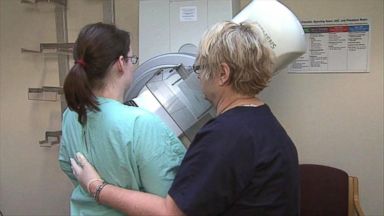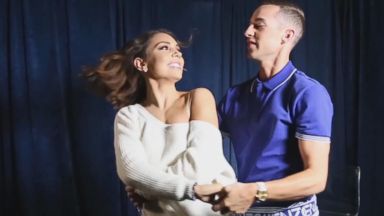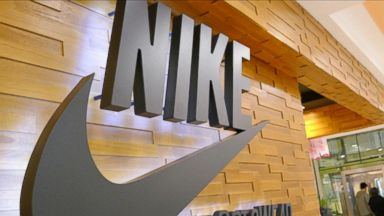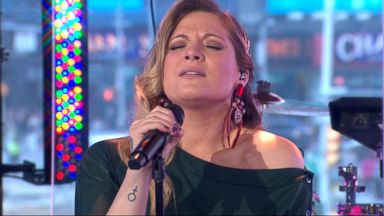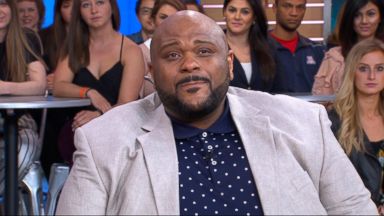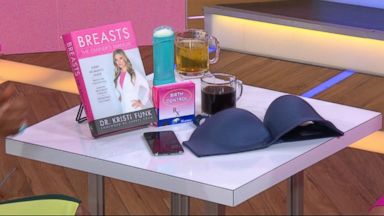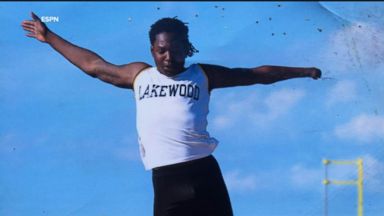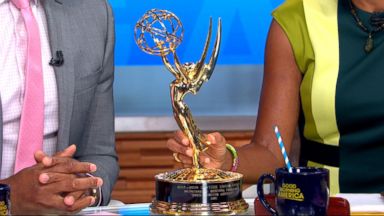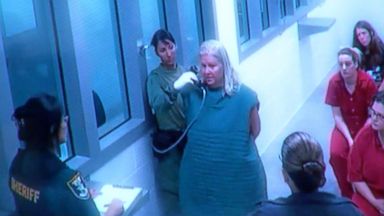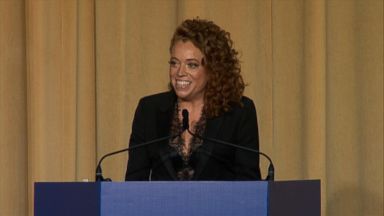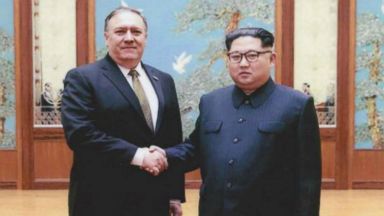Renowned breast cancer surgeon Dr. Kristi Funk opens up about her new book
Coming up in the next {{countdown}} {{countdownlbl}}
Coming up next:
{{nextVideo.title}}
{{nextVideo.description}}
Comments
Related Extras
Video Transcript
Transcript for Renowned breast cancer surgeon Dr. Kristi Funk opens up about her new book
We have a "Gma" health alert for you about the risks and myths surrounding breast cancer. I'm here with board certified breast cancer surgeon Dr. Kristi funk whose new book is brilliant called "Breasts: The owners manual" and it covers it all. Please welcome back, Dr. Funk. This is so necessary because you bust a lot of myths and misconceptions because when I was diagnosed with breast cancer in 2007 I was alarmed when they said, oh, you know, you're always supposed to know your family history. I don't have any, I said. 80% of those diagnosed with breast cancer don't have a family histories of it. Less than 10% of all breast cancer comes from an inherited genetic mutation. As you know, a solid 80% don't have any relatives with breast cancer. There will always be senseless cancers that happen in someone young or who does everything right. A vast majority of them, it does makes sense and doesn't come from your family. It comes from the daily choices that women are making that have to do large which with nutrition and lifestyle behavior. So this is what I really appreciate about your book among many things. You bust some of these myths and misconceptions. Tell people about some of them. I love busting myths with science. You know what, there are enough things to worry about that do cause breast cancer. I'd like to take a load off and let you know what does not cause breast cancer. I've done all the research for you. It's all in the book. You can safely forget about your cell phone. It is the wrong kind of radiation. Nonionizing along with your microwave, television and power lines. Has nothing to do with it. Deodorant and anti-percent spirit rants. I did all of the research. Doesn't matter, birth control pill, tiny little bump in breast cancer but once you go off your birth control, it doesn't matter. Fertility drugs don't matter at all. Caffeine, coffee, tea, chocolate, totally safe. Bras with or without a wire, don't care. Really, because that was the one that a lot of people were thinking of as well. What are some of the best practices to -- I mean there's no way to fully prevent but what increases our chances we will not. You can maximumally reduce your risk by taking off these Boulders that literally tip the scales way towards breast cancer. Here's your top four, to get the Boulders off eat a whole food plant based diet, legume, nut, whole grains. These act like fitow nutrients and go into your bloodstream to seek and destroy cancer cells. Number two, I want you to get to an ideal body weight and stay there for the rest of your life. Number three, exercise. You've got to bust a move like five hours a week. Bust a move. I like that. Unless you're super sweaty encan barely breathe then 2 1/2 hours. Limb alcohol no more than one drink a day. Those are the biggies but there are some little thing, pebble, they matter and can tip the scales but get the Boulders off so some pebble, for example, are environmental toxicities we all live with like a barrage of chemicals in our home and work but here are some tips on how to reduce your exposure to toxins. Number one, wash your hands. Frequently and always before you eat. You are touching things all day long and then eat them. So wash your hands number two, dust and vacuum. Chemicals settle in dust so zip it up. Number three, have houseplants. So nasa discovered that some really common like hard to kill easy to maintain plants spider plant, aloe Vera pull toxins from the air in your home. Next, exercise. You're just going to sweat it out separately from stool and urine and choose cleaner household and cosmetic product, chemical-free and use essential oils instead of synthetic fragrances. What is your question, Molly. I am 39 years old and we recently lost a family member and have lost many family members to breast cancer. Many of my cousins and other family mens are getting tested. I have not been tested and not sure if I should or shouldn't so wondering what you would recommend. Well, Molly, I'm sorry for your recent loss. I would encourage you to test. The basic rule is if you have two family members with either breast cancer under the age of 50 or ovarian cancer at any age, consider testing. It's empowering to have the knowledge. Oh, gosh, well, thank you, Molly, again our heart goes out to you. Dr. Funk, thank you very much. Give us in a line, the bottom line from this book. What do you want for people to get out? I want them to eat well, exercise and to surround themselves with people who love and support and encourage them. And she is that person, Dr. Kristi funk. Thank you. "Breasts: The owners manual" is
This transcript has been automatically generated and may not be 100% accurate.
